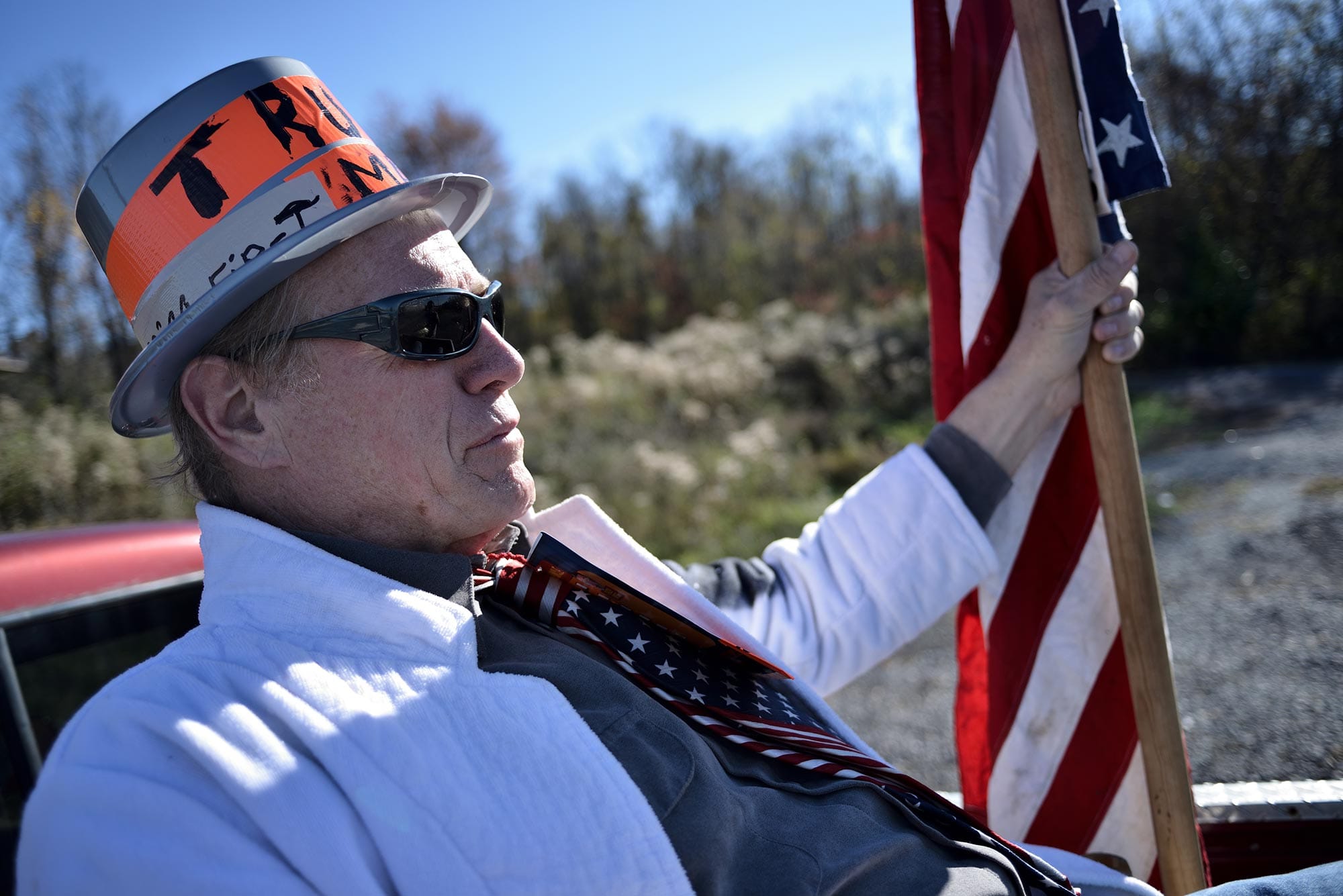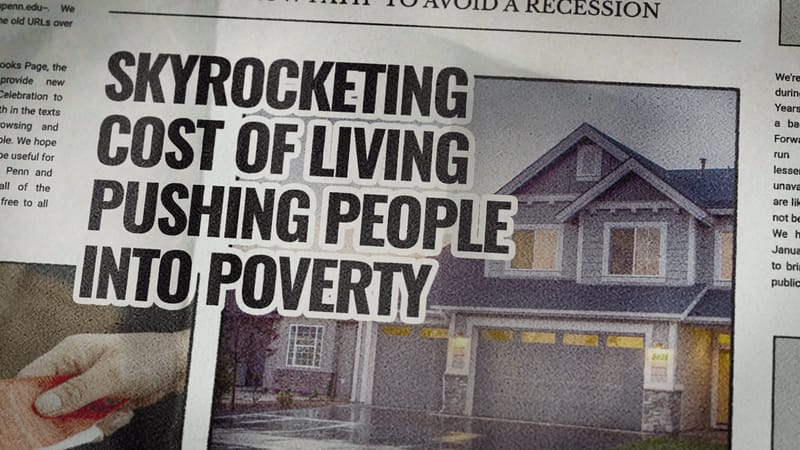
Populism is rapidly rising around the globe. It’s more than political resistance to change – its impact can be felt across the United States, Europe, Australia and beyond.
It’s taken shape in the form of Brexit, President Donald Trump and One Nation as traditional national states try to retain their power in a more globalised world. The rise of populism is forcing us to rethink foreign policy, business strategy, and human rights issues. As economic uncertainties grow, a rejuvenation of right wing politics continues to gain momentum, forcing us to reconsider who we are as a society.
But is the rise of populism all bad? Is this shift in politics temporary, and is it an opportunity to realign democracy’s values?
In this fifth episode of the five-part documentary series 'A Different Lens', Monash academics and industry leaders from the areas of education, law, social sciences and politics provide their unique insights into the rise of populism.





